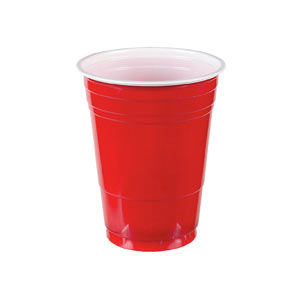SmartMoney magazine, The Wall Street Journal Magazine of Personal Business, has been around since 1992. It has a recurring “10 Things” feature that covers all kinds of things—including “10 Things Your Spouse Won’t Tell You,” “10 Things Emergency Rooms Won’t Tell You,” and the one that is of interest to us—“10 Things Your College Student Won’t Tell You.” Here is the top there:
1. “Sure, I’ve cheated. Who hasn’t?”
According to SmartMoney’s Kristin Kovner, 70% of students now admit to cheating with unsourced material from the Internet quadrupling between 2000 and 2006. However, that’s not what is most disturbing. Kovner says 77% of students don’t consider it a “very serious” problem. She also cites mobile devices as a reason the problem has intensified.
Indeed, this last year Duke had a very serious incident of mass cheating. A “handful” of Chemistry 31 introductory class “Core Concepts in Chemistry,” acquired a copy of an exam given in an earlier period and looked up the answers before taking the test during their designated slot. The professors became aware of the issue after some students reported rumors. Stephan Bryan, associate dean of students and director of the Office of Student Conduct, offered a reduced punishment for those who turned in, while those who didn’t and were found guilty were suspended.
2. “’Studying abroad” is one big party.”
2006 was designated the “Year of Study Abroad” by Congress because according to Jessica Townsend, former program manager at the Commission on the Abraham Lincoln Study Abroad Fellowship, “[They] want the next generation of adults to be in touch with their national and global citizenship.”
However, study abroad programs are not always viewed that way. Instead, they are often seen as easy classes in places where drinking is legal for those who would have otherwise been underage in the United States. A 2005 Chronicle article titled “Study abroad programs offer culture, easy classes,“ explores this very topic. Many students quoted in the article describe their study abroad experience as a “GPA booster.”
In defense of the programs, Margaret Riley, director of study abroad, told the Chronicle:
“There’s a different approach to the presentation of the materials abroad, and this is viewed by students as being simpler, but it’s not. They’re being held responsible for learning that material rather than having their professors guide them through the process and continually assess their work.”
3. “I’d stay here forever if you’d pay for it.”
According to Kovner, at the time the article was written, 53% of students in a standard undergraduate program get their bachelor’s degree within five years. At a costly private institution like Duke, how many students come back for a “victory lap”? A simple search in The Chronicle article gave many results about athletes staying for a fifth year and one lone column discussing the extenuating circumstances that led to him coming back and the challenges he faced for being a fifth year senior at Duke where isn’t common, unlike other schools.
Check back later this week when I go over 4-6 on the list: “College life can be hazardous to my health,” “My resume isn’t the only thing I have posted on the Internet,” and “Just because I was a straight arrow in high school doesn’t mean I will be in college.”



